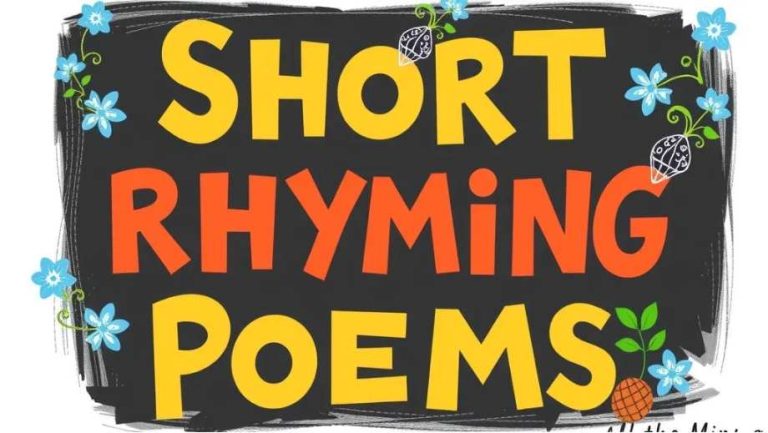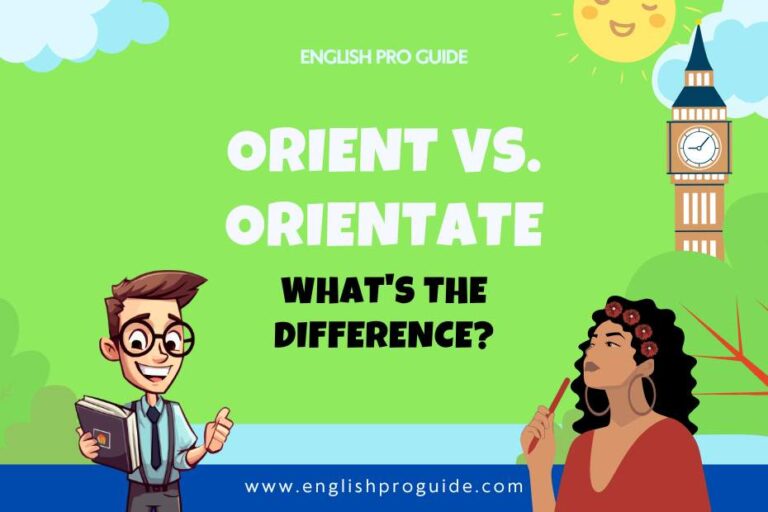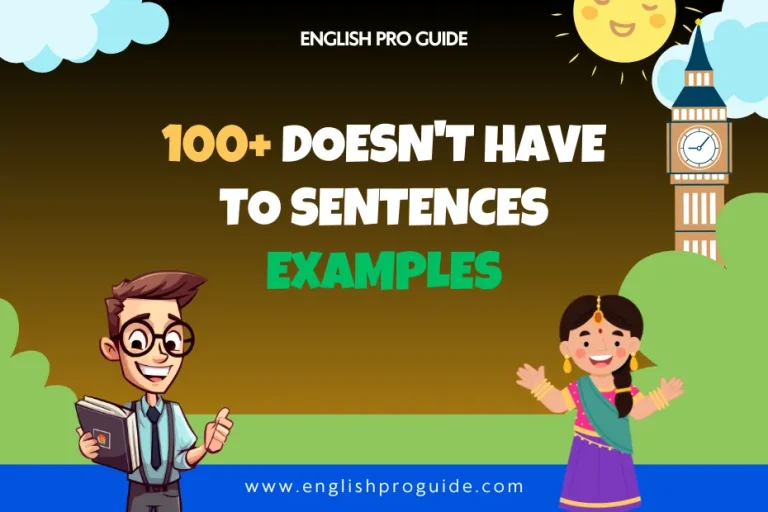When to Use Capital Letters In Writting? Easy Rules for Kids
In writing, use capital letters at the start of every sentence, for the pronoun “I,” and for proper nouns, like names of people, specific places, days, months, holidays, languages, nationalities, and specific historical events.
Also, capitalize main words in titles of books, movies, or songs and family titles when they’re used as names (e.g., “Mom” or “Grandpa”).
Use lowercase letters for common nouns, general subjects, seasons (unless starting a sentence), and smaller words in titles, like “a,” “an,” “and,” “the,” unless they’re the first word of a sentence or title.
When to Use Capital Letters?

Learning when to use capital letters can make your writing look polished and easy to read. Let’s dive into the basic rules with some fun examples!
Here’s a table summarizing the capitalization rules with examples for each:
| Rule | Description | Example |
|---|---|---|
| 1. Start Every Sentence with a Capital Letter | Begin each sentence with a capital letter. | Correct: “The cat is sleeping.” Incorrect: “the cat is sleeping.” |
| 2. Always Capitalize “I” | Use a capital “I” whenever you refer to yourself. | Correct: “I love playing soccer.” Incorrect: “i love playing soccer.” |
| 3. Names of People, Pets, and Places | Capitalize names of specific people, pets, and places. | “My best friend is Lily, and her cat’s name is Whiskers.” |
| 4. Days of the Week and Months | Capitalize days and months, but not seasons. | “We have soccer practice every Tuesday in October.” |
| 5. Holidays and Celebrations | Capitalize holidays to show they are special. | “I can’t wait for Christmas!” |
| 6. The First Word in Quotes | Capitalize the first word in a quote if it begins a new sentence. | Teacher said, “Math is fun!” |
| 7. Titles of Books, Movies, and Songs | Capitalize main words in titles of books, movies, and songs. | “We watched Finding Nemo last night!” |
| 8. Languages and Nationalities | Capitalize names of languages and nationalities. | “I want to learn Spanish and meet people from Spain.” |
| 9. Important Events or Periods | Capitalize major historical events or time periods. | “We studied the Ice Age in school.” |
| 10. Special Titles and Names for Family Members | Capitalize family titles like “Mom” or “Uncle” when used as names. | “I went fishing with Grandpa yesterday.” |
Read More: What Are Verbs? the Power of Action Words
When to Use Capital And Small Letters?

Using capital letters for specific words like names, places, and the start of sentences makes writing easy to understand. Lowercase letters help distinguish general information, making it easier to read and visually organized.
When to Use Capital Letters

Capital letters are used to signal importance, mark beginnings, or indicate proper nouns. They give structure to sentences and help readers recognize new ideas or important information.
1. Starting a Sentence Every sentence begins with a capital letter. This helps readers see where a new thought starts and keeps writing organized and easy to follow. For example, if you say, “The weather is nice today,” starting with a capital “T” in “The” makes the sentence look correct and signals the beginning.
2. The Pronoun “I” Whenever you refer to yourself using the pronoun “I,” it should always be capitalized. This rule applies regardless of where “I” appears in a sentence. So, you’d write, “I love to read,” rather than “i love to read.” Capitalizing “I” is unique in English and doesn’t change, even if it’s in the middle or end of a sentence.
3. Proper Nouns: Names of Specific People, Places, and Organizations Proper nouns, which include specific names of people, places, organizations, and brands, always begin with a capital letter. This rule helps distinguish unique names from general categories. For instance, “Alice” is a specific name, while “girl” is a general term. Similarly, “Paris” (a specific city) is capitalized, but “city” isn’t unless it starts a sentence. This rule applies to companies too, so you’d write “Microsoft” instead of “microsoft.”
4. Days of the Week, Months, and Holidays The names of the days of the week, months, and holidays are always capitalized, as they are specific names that help us track time. You would write “Monday,” “July,” and “Thanksgiving” with capital letters, as they refer to particular time markers. In contrast, seasons like “winter” and “fall” aren’t usually capitalized unless they start a sentence because they’re general terms rather than specific names.
5. Titles of Books, Movies, Songs, and More When writing the title of a book, movie, song, or other creative work, capitalize the main words. Most style guides recommend capitalizing all words except for small words like “a,” “an,” “the,” “in,” “on,” and “of” unless they are the first word of the title. For instance, “Harry Potter and the Sorcerer’s Stone” has capital letters for every main word, making it easy to see it as a title.
6. Languages, Nationalities, and Religions Languages, nationalities, and religions are treated as proper nouns in English, so they always begin with a capital letter. If you mention a language like “English” or a nationality like “Japanese,” you use capitals because they refer to specific cultures or groups of people. Likewise, religions such as “Christianity” and “Buddhism” are capitalized.
7. Capitalizing the First Word in Quotations When you use a quotation that starts a complete sentence, the first word of that quotation should be capitalized. For example, if you write, She said, “We’re going to have a great time,” you capitalize “We’re” because it begins a new sentence within the quote. However, if the quote is just a fragment or doesn’t start a sentence, you generally don’t capitalize it.
8. Specific Academic Courses Only specific course names are capitalized, not general subjects. So, while “Math 101” would be capitalized as it’s a particular course, “math class” would remain lowercase because it refers to a general subject rather than a specific course title.
9. Historical Periods and Events Major historical periods and events are treated as proper nouns, so they are capitalized. If you mention “The Renaissance” or “World War II,” these phrases are capitalized because they refer to significant, specific periods in history.
10. Family Titles Used as Names When family titles like “Mom,” “Dad,” or “Grandpa” are used as names, they are capitalized. For instance, if you say, “I went shopping with Mom,” it’s capitalized because “Mom” is used as a name. However, if you say, “My mom is kind,” it’s lowercase since you’re not using it as a name.
When to Use Small (Lowercase) Letters

Lowercase letters are used for general nouns, verbs, and all other words that don’t have specific capitalization rules.
1. Middle and End of Sentences Words in the middle or end of a sentence are usually lowercase unless they are proper nouns or part of a title. Regular words like “cat,” “play,” and “store” remain lowercase unless they start a sentence.
2. General Subjects or Common Nouns General nouns and subjects remain lowercase, even if they seem important in context. For example, “biology” and “school” are lowercase unless they’re part of a specific course title like “Biology 101.” Similarly, “city” remains lowercase unless it’s part of a specific name like “New York City.”
3. Seasons Unlike the days of the week or months, seasons such as “spring,” “summer,” “fall,” and “winter” are typically lowercase unless they start a sentence. This is because they’re viewed as general periods rather than specific names.
4. Articles, Prepositions, and Conjunctions in Titles Small words like articles (“a,” “an,” “the”), prepositions (“in,” “on,” “at”), and conjunctions (“and,” “but”) in titles usually stay lowercase unless they’re the first word. For example, in “The Lord of the Rings,” “the,” “of,” and “the” are lowercase because they’re minor words within the title.
5. General Family Titles When family terms aren’t used as names, they stay lowercase. For instance, in “My aunt is visiting,” “aunt” is lowercase because it’s a general reference, not a name.
Read More: Understanding “Have To” for Kids: 90 Simple Sentences
Final Feedback/Words
This approach keeps writing clear and structured, making it easy to follow and more enjoyable to read.
Capital letters add emphasis and organization, while lowercase letters keep the writing flowing naturally.
Do you liked what we provided here or not? Share via comment box to take us an idea for our next content.






